Boyd Scholars:
Keeping their dreams alive
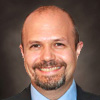
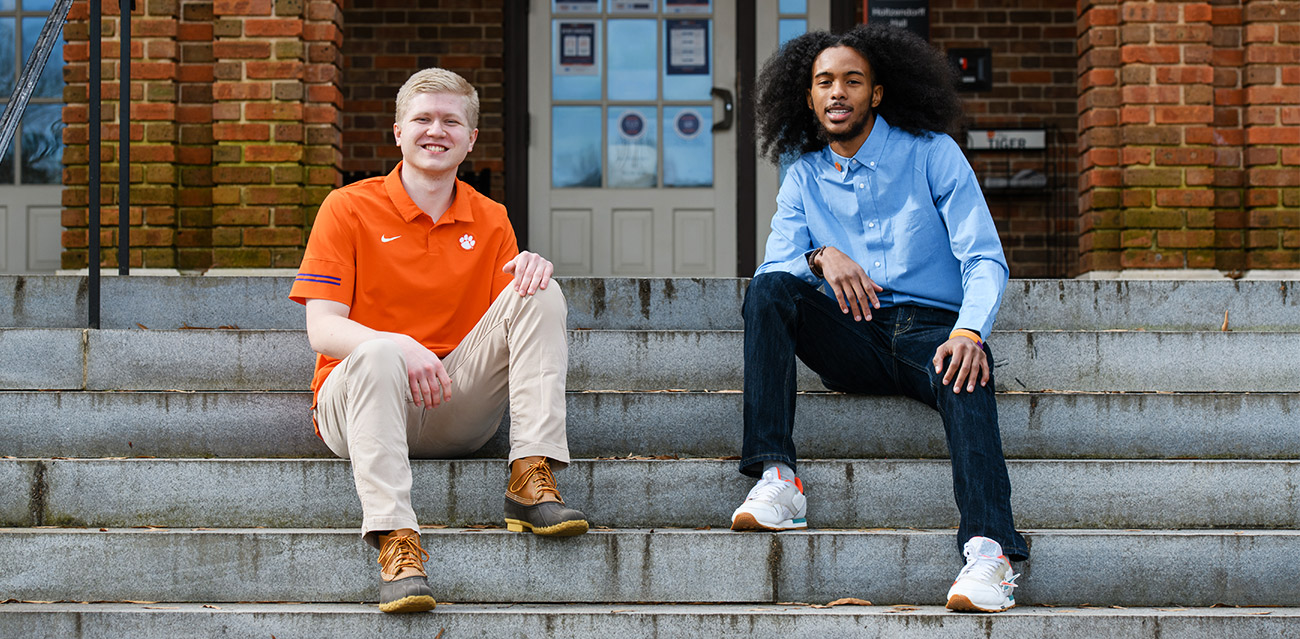
Daniel Graves (left) and A.J. Sanders (right) on the steps of Holtzendorff Hall at Clemson University
A.J. Sanders decided he wanted to become an engineer after reading a website about industrial engineering when he was a senior at Whale Branch High School in a rural area of northern Beaufort County. The same moment for Daniel Graves came when a pre-calculus teacher recognized his problem-solving abilities.
Sanders and Graves are now turning their dreams into reality at Clemson University, a process that started with Boyd Scholars. The program, which retained 96% of participants in its first year, is now searching for funding sources to extend the program for future students.
The program gave Sanders, Graves and more than 50 other students the chance to take an extended curriculum and ease into calculus, yet stay on track to graduate with their peers. The students were grouped into a cohort and took many of their courses together their freshman year. They were able to develop relationships that turned into support networks and study groups.
Rather than having students dive directly into a fast-paced schedule of STEM classes, Boyd Scholars stretches the start of an engineering degree program from the traditional two terms to two terms and a summer. A $1.25-million gift from the Darnall W. & Susan F. Boyd Foundation funded awards that covered the summer session.
The real key is that summer. Keeping students together for the summer in their cohort, and keeping them at Clemson with the resources that we have to get help are the linchpin to the whole thing.
Beth Stephan, Director of Academics in the Department of General Engineering
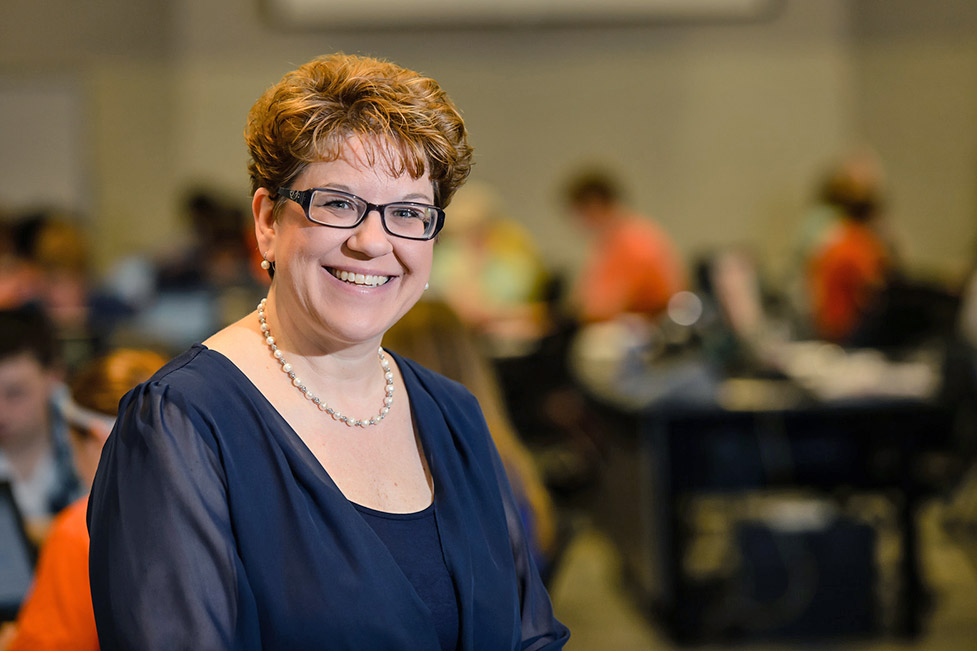
Beth Stephan, Director of Academics in the Department of General Engineering
As part of Boyd Scholars, the first-year, two-course engineering sequence is stretched to three courses. Instead of starting in Calculus I, students take a course that introduces them to how math is applied in engineering. They then study Calculus I in the spring and in the summer take seven credits, including Calculus II and MATLAB programming. The schedule adds the summer term to keep the Boyd Scholars on track to graduate on time. It’s a crucial factor for students who may be struggling to pay for college, because many state scholarships are limited to four years.
The genesis of Boyd Scholars goes back to 2016. Anand Gramopadhye, the dean of the College of Engineering, Computing and Applied Sciences, called a team into his office and asked what could be done to improve graduation rates among students who are underrepresented in engineering. Beth Stephan, director of academics in the Department of General Engineering, was in the room that day. The idea to offer a stretched curriculum had been kicked around the department for about 10 years, she said. This was her chance to make it happen.
Gramopadhye asked what she needed.
“Time,” she told him.
“You got it,” he said.
Stephan and her team got to work. The first version of the program, the General Engineering Learning Community, was rolled out a few months later.
Like Boyd Scholars, students were grouped together as a cohort and took a study-skills course. But the team needed funding to add the summer session. That’s when the Darnall W. & Susan F. Boyd Foundation stepped in with a donation that Stephan called a “game changer” for students.
“The real key is that summer,” she said. “Keeping students together for the summer in their cohort, and keeping them at Clemson with the resources that we have to get help are the linchpin to the whole thing. The Boyd Foundation stepped in and allowed us to do that starting last summer. We had fantastic results.
“Due to the pandemic, we were not able to have the 2019 cohort live on campus in the summer but instead worked to provide them with critical online support. We are hopeful that the 2020 cohort will be able to be in person on campus this summer.”
Students who enter the General Engineering program with a math placement below Calculus I are invited to participate in the General Engineering Learning Community. Those who meet requirements, including grades, can apply to become Boyd Scholars.In the 2019-20 academic year, 76 students were eligible to pursue the opportunity to become Boyd Scholars. Of those, 54 were selected. After the summer session, 96% of Boyd Scholars were still in engineering at the beginning of their sophomore year, while two had decided to pursue chemistry degrees.
That’s a huge improvement. Among students who met the qualifications but didn’t have the benefit of the program, an average of 61% over the past three years were still pursuing an engineering degree.
“We’re thrilled with the results,” said Joe Watkins, the director of the Department of General Engineering. “Beth and her team have done an amazing job of bringing the program to life, and we’re seeing it help dozens of students every year. The Boyd Foundation’s support was crucial, and I offer them my deepest gratitude.”
A crucial part of Boyd Scholars is that it helps give students time to catch up in math. Beginning in a class below Calculus I results in students requiring extra time, either in the summer or a whole extra semester, to get caught up and stay on track in the curriculum.
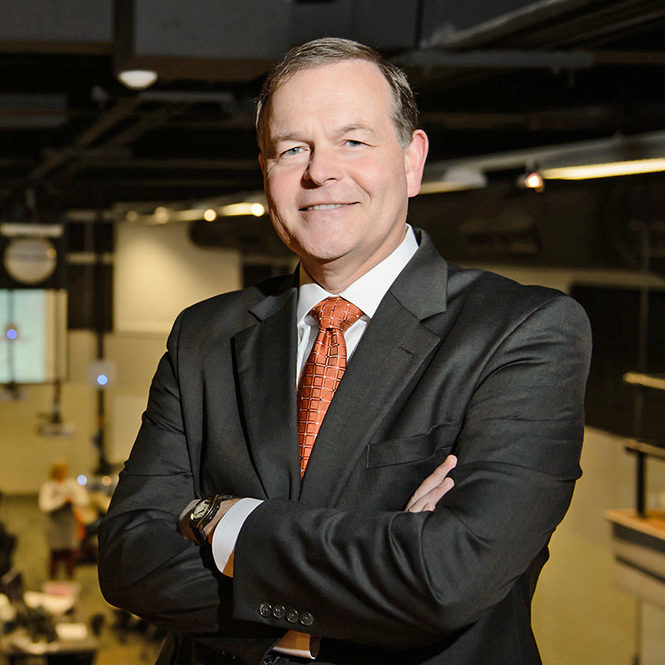
Joe Watkins
Director of the Department of General Engineering
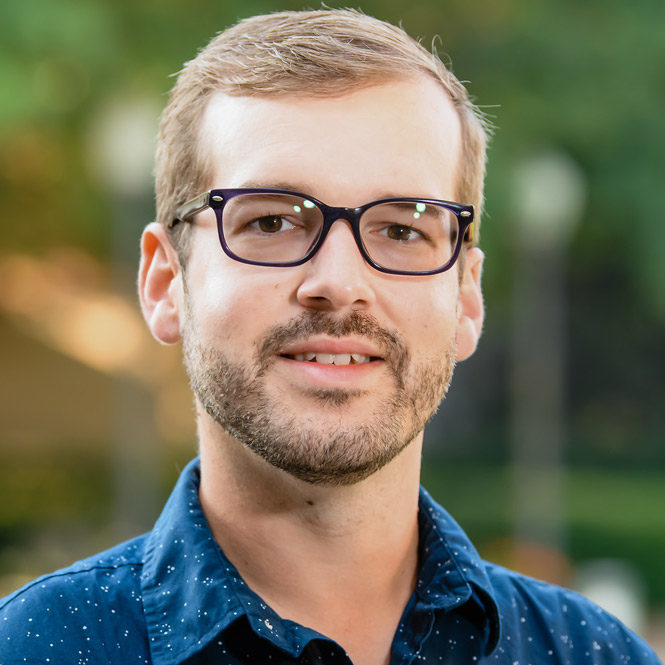
Matt Miller
Senior lecturer in the Department of General Engineering
“The Boyd Scholars program is providing support for students who through no fault of their own need a little extra help with math,” said Brad Putman, the associate dean for undergraduate studies. “Many come from areas where advanced math courses just weren’t available, and role models in STEM may have been few and far between. But these students have shown they have the ability to get into Clemson. Boyd Scholars is helping them reach their full potential.”
Matt Miller, senior lecturer in the Department of General Engineering, now coordinates the program and teaches the extended engineering course sequence, giving him the opportunity to work directly with Boyd Scholars. He said that when students first start, many question whether they belong in engineering.
“When we still have 96% in engineering after the summer session, it’s super exciting to see,” Miller said. “It says, ‘Yes, you do belong. Yes, you can do this.’ The math placement doesn’t have to be a barrier.”
Sanders and Graves, now sophomores, were in the first Boyd Scholars cohort, starting the program in fall 2019 and taking their 2020 summer courses online due to COVID-19. The second cohort was midway through its freshman year in spring semester 2021. The program has enough funding left for the second cohort’s summer awards. What will happen in summer 2022 is still unknown, Stephan said, but the hunt is on to extend funding for future cohorts of students.
“I would love to fund more students through the program and help more students stay on this path,” she said. “We need donors. The Boyd Foundation has been fabulous, and it would be great if we had other donors join the Boyd Foundation in this effort.” About 25% of freshmen who start the engineering program would qualify for this program, so the unmet need is great, Stephan said.
For Sanders and Graves, Boyd Scholars was the first stepping stone on a path that led to majors in industrial engineering.
Sanders is also pursuing an automotive engineering certificate and planning to get a master’s degree. Looking ahead, he’s interested in entrepreneurship, artificial intelligence and programming.
Graves is working on his resume and starting to seek a placement at a company through the cooperative education program. He’s hoping to stay close to home, which would help retain his engineering talent in the state.
Wherever these two Boyd Scholars go next, an orange wind will be at their backs.